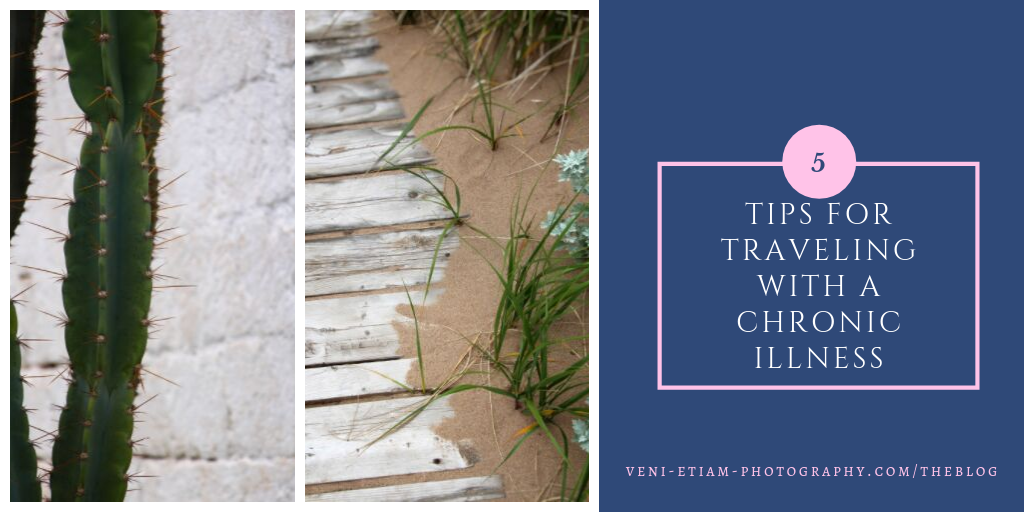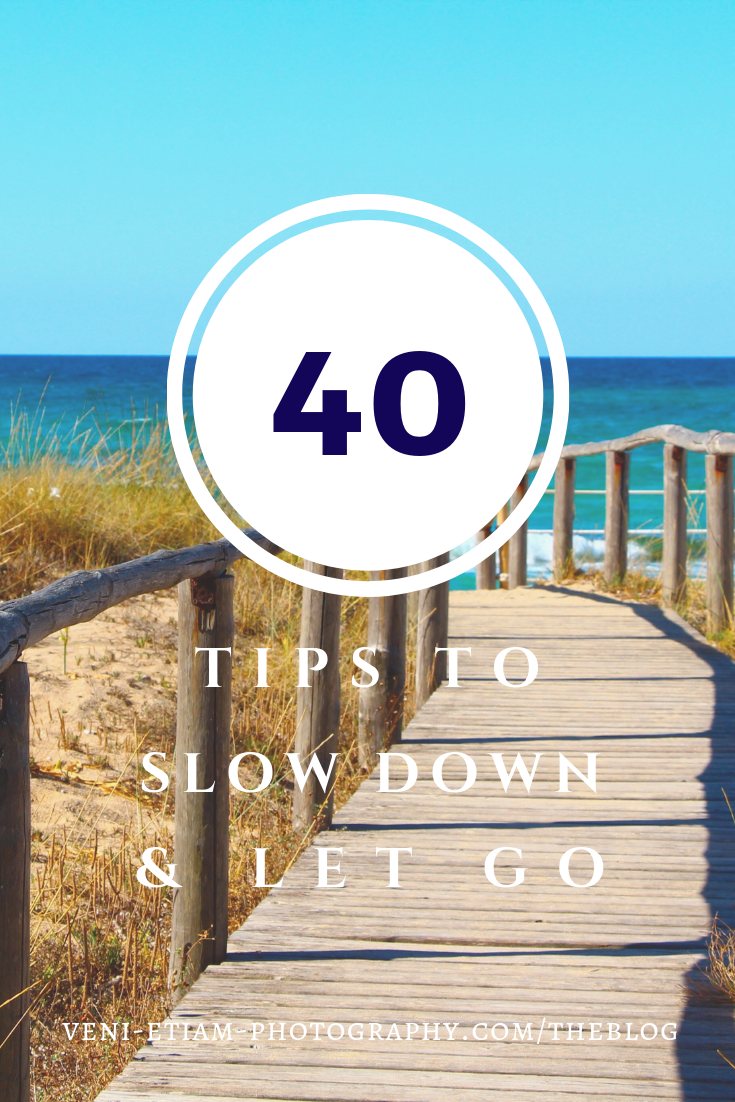It is difficult to pinpoint exactly when my "normal" life with endometriosis (then still undiagnosed) unraveled into symptoms that were too much to bear on a daily basis, let alone to carry with me on a trip. My nomadic lifestyle and, to a large degree, my sense of self, grappled with the reality that I could not travel freely with my condition, which needed treatment and management continuously on a physical, mental and emotional level.
Travel is a privilege and is good for the soul. But chronic conditions like endometriosis, multiple sclerosis, fibromyalgia, PCOS, Crohn's, or celiac disease (only to name a few) require lifestyle accommodations and mindset shifts on a daily basis, which can make travel feel daunting.
Here are my 5 tips for traveling with a chronic illness. These are the strategies I personally use as someone with debilitating endometriosis and associated conditions. Whether I travel with loved-ones who know about my condition or with acquaintances who have no idea, I prioritize these 5 practices to make sure that I am comfortable, peaceful and ready to feel inspired by my journey.
1. Have all the essentials
Having travel health insurance and a flexible cancellation policy is important and definitely not a waste of money. Knowing that you are covered in case of unexpected circumstances can help reduce anxiety surrounding your health condition, making your trip far more enjoyable.
Make sure to have your pain / prescription medications filled for the duration of your stay. It could also help to have them in their original packaging or at least with the accompanying label that describes their generic pharmaceutical name and dosage, in case this information is required by a physician or pharmacist caring for you abroad.
Before you pack, make a checklist of everything you use at home to manage your symptoms and flare-ups. Be sure not to forget these essentials, whether it is your favorite loose clothing (hey there, #endobelly), your more reliable footwear, a hot water bottle or heat pack, lavender or other soothing essential oils, CBD, specific foods, bath salts, etc.
In short, do everything you can to feel at home when you travel.
2. Know yourself
What foods or behaviors trigger flare-ups in your symptoms?
At what point in the calendar are you vulnerable or susceptible to pain or fatigue?
What are the non-negotiables in your daily or weekly self-care routine?
Know your rhythm, your triggers, your body's signals and your favorite strategies for taking a step back and prioritizing self-care.
There is nothing in the rulebook that says you cannot adopt all of your approaches while you travel!
3. Choose your surroundings carefully
If you feel you might need a private room, a bathroom or a bathtub, look for an accommodation with those criteria. If swimming or warm, sunny climates help ease your pain, choose destinations that will do you good! Look up the surroundings of your accommodation - know where the nearest pharmacy or supermarket is, for example.
While in transit, pace yourself. Give yourself enough time so you don't have to rush or strain. Finally, don't be shy to ask for assistance, whether it means getting a lift somewhere, or asking the airline staff for extra support.
4. Make time for recharging
Seriously.
Guilt-free time to relax and recharge will make your travel experiences more positive and more memorable than if you take that time to cram in yet another destination or activity.













 RSS Feed
RSS Feed